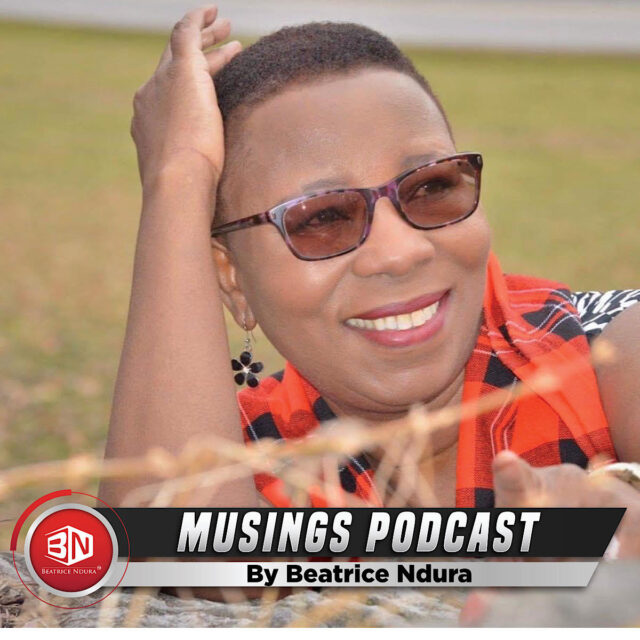Most sexual abuse survivors struggle with suicidal ideation. However, others encounter suicidal feelings when they begin the healing process and contemplate suicide for the first time.
May I remind you of something vital about suicide? Refrain from giving in to suicidal thoughts, do not execute them, instead, reach out for help.
When wounded, it’s normal to encounter suicidal feelings of terror and pain. When you touch the depth of your shame, it’s most likely you will think about terminating your life. However, having suicidal ideation is very different from doing it.
Acknowledge your feelings but don’t act on them. Our abusers have already stolen a lot from us. It’s not fair to allow them to have you. So instead of numbing your feelings, acknowledge them – enhancing your ability to face them without cowing into them.
Have a Suicide Prevention Plan
It isn’t easy to trust yourself when you encounter a cocktail of emotions. So having a plan in place is crucial. Do not wait for those heavy-weight emotions to show up; they will attack your cognition, and at that moment, you cannot make the right decision.
However, it is crucial to forming a support system that can stand by you in your struggles as you heal and grow. Your support team should include people you can trust, people who believe that you are hurting. Trust can be difficult when you have been betrayed and lived in isolation. However, begin by reaching out to one person at a time.
When you are willing to take the risk, you will encounter people who support and care about your healing. These people will not judge you – but are eager to walk with you and make sure you are safe and that they are your pillar of light illuminating the steps that will get you out of the dark hole.
Your support team can include a therapist, professional counselor, other survivors, friends, supportive family members, a mental health professional, spiritual guidance, or clergy.
3 Crucial Steps to Take
- Develop a no suicide contract with your support team. Accountability creates a space for others to come in and support us.
- When suicidal feelings and thoughts show up,” I will call my counselor, social worker, clergy, friend, or a survivor.”
3. It is essential to keep the names and phone numbers of two people handy and a 24 – hour crisis and suicidal prevention line that you can reach out to when you are in a crisis.
In case you don’t get hold of members of your support team, call the National Suicide Prevention Lifeline: 1-800-273-8255, Crisis text line: 741-741 (In the US).
Beatrice Ndura is a Mental Health Coach, a writer, and the host of Musings Podcast, which addresses mental, emotional, and spiritual health.
©Beatrice Ndura



